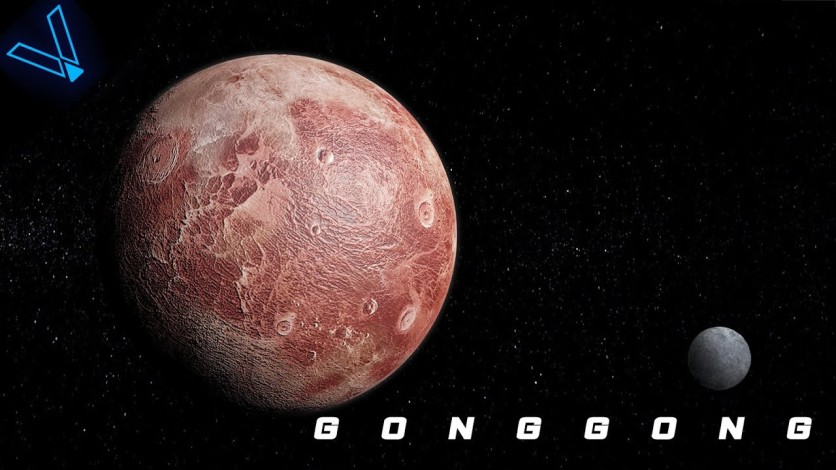The largest unnamed dwarf planet orbiting the Earth's Sun had finally received a name. Widely known, our solar system consists of the Sun, a whole lot of moons, and the eight planets. Also, there are a lot of comets, asteroids, and dwarf planets moving around. The most well known of those categories is most likely Pluto.
Though beyond Pluto, it is the fifth-biggest dwarf planet in the solar system, which has not been named since it was identified back in 2007. It has been seen wandering a little far off Neptune under the dreary catalog designation 2007 OR10. Now, it is reported that scientists have now named it Gonggong.
It has a very outlandish and apt orbit that ranges from 34-101 astronomical units of 5.1-15.1 billion kilometers from the Sun. The plant's large mass makes retention of a flimsy atmosphere of methane just possible, though such an atmosphere would slowly escape into space.

Read Also : Mathematician and American Hero, Katherine Johnson, Depicted in 'Hidden Figures' Dies at 101
Gonggong is the first dwarf planet to have a Chinese name
Gonggong is a popular Chinese water god who is identified in Chinese folklore as having red hair and the body of a snake, a serpent-like tail, and a burnished human head with a steely forehead.
The small moon that orbits Gonggong is dubbed Xiangliu, after the representative that served to the deity in Chinese folklore. The pair is the first most significant solar system objects to get Chinese names, according to Simon Porter, an astrophysicist.
It was decided from a voting contest
The dwarf planet was discovered by three American astronomers and was basically just called 2007 OR10 or by its minor plant number 225088. Then, 2019, these three Americans decided to share the honor of picking a name for the dwarf planet with the world and held a voting contest.
The proposed names were Holle, which was a European winter goddess of fertility, rebirth, and women, then we have Vili, which is Part of the Æsir, Vili is a Nordic deity. Gonggong, a Chinese Water God, which has clearly won the deciding votes.
The names were chosen because of their relation to ice, snow, and the red color, all characteristics that are associated with 2007 OR10. They were also chosen because they had associated deities whose names could be considered for 2007 OR10's satellite.
Gonggong was officially chosen and was directly presented to the IAU or the International Astronomical Union, which manages the official directory of the universe. However, it wasn't until Wednesday when the IAU's Minor Planet Center had confirmed the title and renewed its catalog. 2007 OR10 is officially from now on, known as Gonggong.

![Apple Watch Series 10 [GPS 42mm]](https://d.techtimes.com/en/full/453899/apple-watch-series-10-gps-42mm.jpg?w=184&h=103&f=9fb3c2ea2db928c663d1d2eadbcb3e52)


